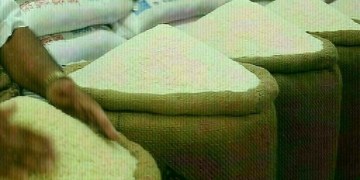In the wake of the prevailing low price of rubber, the Rubber Board has advised growers to adopt weekly tapping, whereby cost of production can be reduced substantially.
In rubber holdings, a major share of expenditure is for tapping, and there is a shortage for tappers also. The Rubber Board presently recommends tapping only once in three days, for the popular high-yielding clones.
If higher frequency in tapping is adopted, there is a chance of trees getting affected by dryness. Despite the recommendation, majority of growers are resorting to alternate day tapping.
Now, the Board is promoting weekly tapping, by which tapping cost can be reduced by two-thirds, compared to tapping on alternate days.
While adopting weekly tapping, it is necessary to apply yield stimulants. Ethephon, a comparatively safe plant growth regulator, is used as a yield stimulant, at 2.5-per-cent dilution. In such a low frequency tapping system with chemical stimulation, it is possible to realise yield equal to or slightly higher than that in alternate day tapping.
Today, rubber prices in the international market are controlled by factors over which farmers have no control. But farmers can adopt scientific practices to reduce cost of production and increase productivity.
In order to sensitise farmers, the Board is planning to conduct a promotional campaign in rubber growing areas, starting from the first week of June.
The Board, with the help of Rubber Producers’ Societies, will hold nearly a thousand meetings.




























